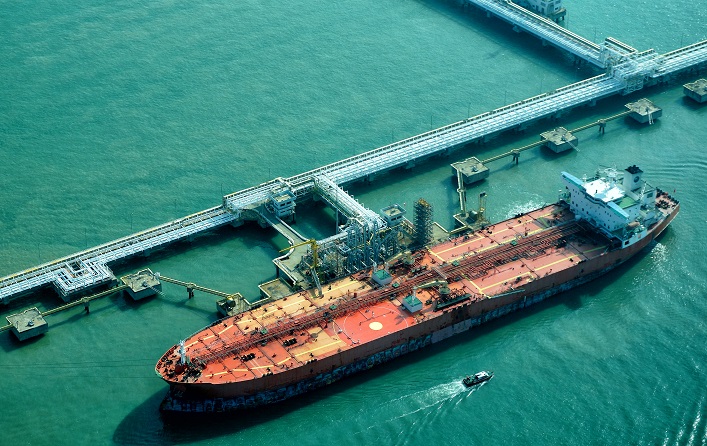Tax revenues from oil and gas to the Russian budget in October increased by more than 100% compared to September and more than 25% compared to October last year, reported the WSJ. This is a sharp turnaround from the start of the year, when energy revenues fell.
The price cap, introduced last December, was supposed to achieve a dual goal: to ensure the flow of Russian oil to world markets, thereby keeping gasoline prices at a low level while at the same time reducing the Russian Federation’s income from each barrel sold.
But after the sanctions initially worked largely as expected, Russian energy companies found ways around them by transporting oil using a fleet of aging tankers. Since most Russian oil trade now takes place outside allied jurisdictions, they are discussing ways to make it more expensive for Russia to build up and operate the flotilla of vessels it uses to circumvent sanctions.
